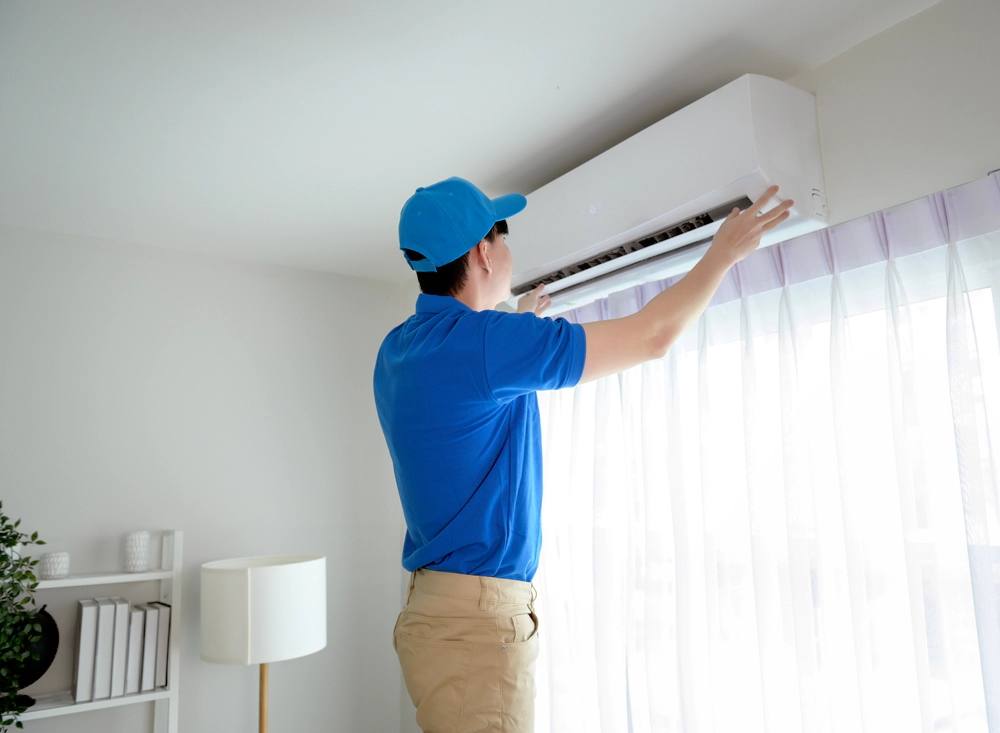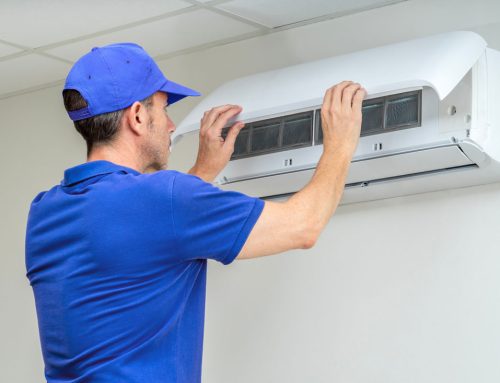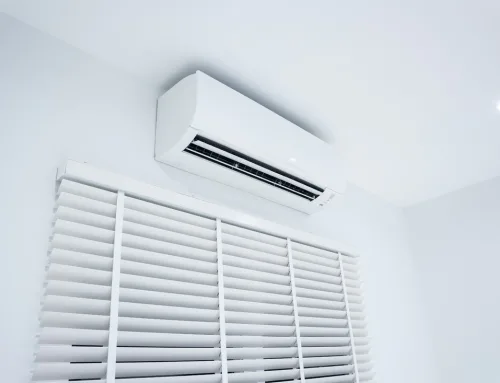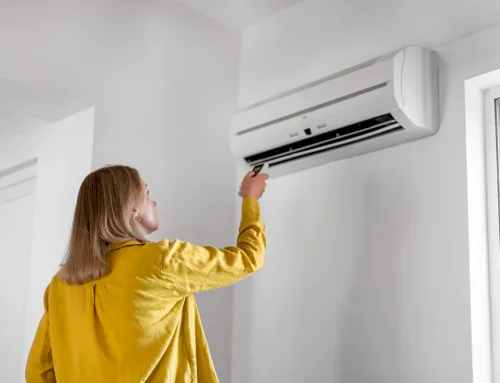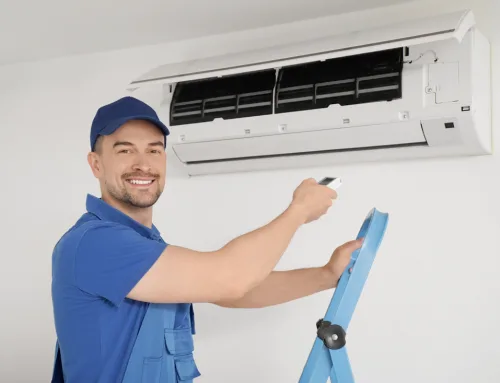Common Mistakes People Make When Choosing an Air Conditioner Size
Air conditioning has become a common luxury today. In many areas of the world, it is even a basic necessity. Still, we often make mistakes while choosing our air conditioners, particularly with respect to their size. But does it matter, you ask? Yes, it definitely does. Otherwise, it will spike your long-term costs and affect the unit’s lifespan. So, let’s not rely on guesswork anymore and learn how to actually shop for an air conditioner.
Here are 7 mistakes we make and their fixes.
Believing “Bigger is Always Better”
One of the most common and obvious mistakes we make in aircon shopping is going with the wrong mindset. Believing that bigger is always better not only makes you spend unnecessarily but also leads to reduced comfort.
Why it’s a mistake?
This notion largely comes from the fact that bigger units cool space quickly, which is only half the truth. While bigger aircon units cool a space quickly, they may not do so efficiently. This can later become a cause for reduced performance, higher energy costs, and inefficient humidity control.
How to fix it?
Use professional load calculation tools or consult an HVAC expert for a proper assessment of your home. It typically includes the home’s size, insulation, ceiling height, and number of windows.
Underestimating the Need
On the flip side, many people try to save money by opting for a smaller aircon than necessary, assuming it will be more energy-efficient. But unfortunately, this approach can backfire.
Why it’s a mistake?
An undersized aircon will struggle to keep your space as cool as required. It will run constantly trying to reach the set temperature, driving up your energy bills and stressing out the unit. This leads to faster breakdowns.
How to fix it?
Do not choose based on price or guesswork, and most definitely, not with the intent to save. You must ensure the unit’s cooling capacity—measured in BTUs or kW—matches the targeted space.
Ignoring Room and Layout
Do you think only square footage matters when selecting an aircon? If so, you’re wrong. The room’s layout and design are equally important. Ignoring them and purchasing a random air conditioning unit will reduce the comfort you want to achieve.
Why it’s a mistake?’
Open-plan layouts, high ceilings, multiple floors, and large windows affect how efficiently cool air circulates. For example, a 600-square-foot room with cathedral ceilings and direct sunlight exposure requires a different unit compared to a closed-off room with minimal windows.
How to fix it?
Factor in volume (cubic footage), ceiling height, window placement, insulation quality, and room orientation (north, south, etc.) when determining your aircon unit size.
Overlooking Insulation and Air Leaks
An air conditioning unit does not operate alone. If your home is poorly insulated or full of air leaks, it will make even the best-sized unit struggle.
Why it’s a mistake?
Poor insulation means heat will constantly leak into your home, forcing your aircon to work harder to maintain the set temperature. This can make an appropriately sized unit appear underpowered.
How to fix it?
Have your insulation inspected before buying an aircon. Plus, seal any air leaks and upgrade weather stripping if necessary. A well-insulated home may require a smaller unit than you initially thought.
Not Accounting for Heat Sources and Occupants
Every appliance, and device in your home generates heat. Failing to consider this can throw off your calculations significantly.
Why it’s a mistake?
Imagine this: A kitchen with large appliances will require more cooling power than a similarly sized bedroom. Also, more people in a room also means more temperature, which adds to the cooling load.
How to fix it?
Weigh in the number of heat-generating appliances and typical occupancy when choosing your aircon size. It is especially important for spaces like kitchens, lounges, and home theatres.
Ignoring Local Climatic Conditions
Your local climate has a huge impact on what size you will need for an air conditioner. A unit suitable for a mild coastal area may be entirely inadequate for a hot, arid interior climate.
Why it’s a mistake?
Regions with extreme heat or high humidity levels increase the cooling demand. So, a unit that performs well in one climate may underperform in another.
How to fix it?
Take into account the average summer temperatures, humidity levels, and sun exposure in your location. Then, find a unit that’s designed for your needs. Many manufacturers today offer climate-specific models tailored to different regions.
Not Getting a Professional Assessment
Some people go by guesswork, while others rely on advice from non-experts. Both of these can only work by chance. If you want to have a sure-shot answer or suggestion, it’s worth considering a professional consultation.
Why it’s a mistake?
Without a proper assessment, it’s simply gambling with your comfort and long-term costs. You may end up with a unit that fails to cool evenly or wears out prematurely. There’s no way to tell.
How to fix it?
Always call a licensed HVAC professional and have your requirements assessed. Then you will get a recommendation that matches all your variables, from room size to insulation to local climate.
Closing Thoughts
Finally, choosing the right air conditioning unit isn’t just a number game. It’s more about understanding how your home works and how different types of air conditioning affect its comfort. So, by avoiding the above 7 mistakes, you will be able to narrow down your search to the right aircon and ensure your year-round comfort.
If you agree and are ready for an expert assessment, get in touch with our technicians at Onsite Air.
Share on
Get a FREE Quote

